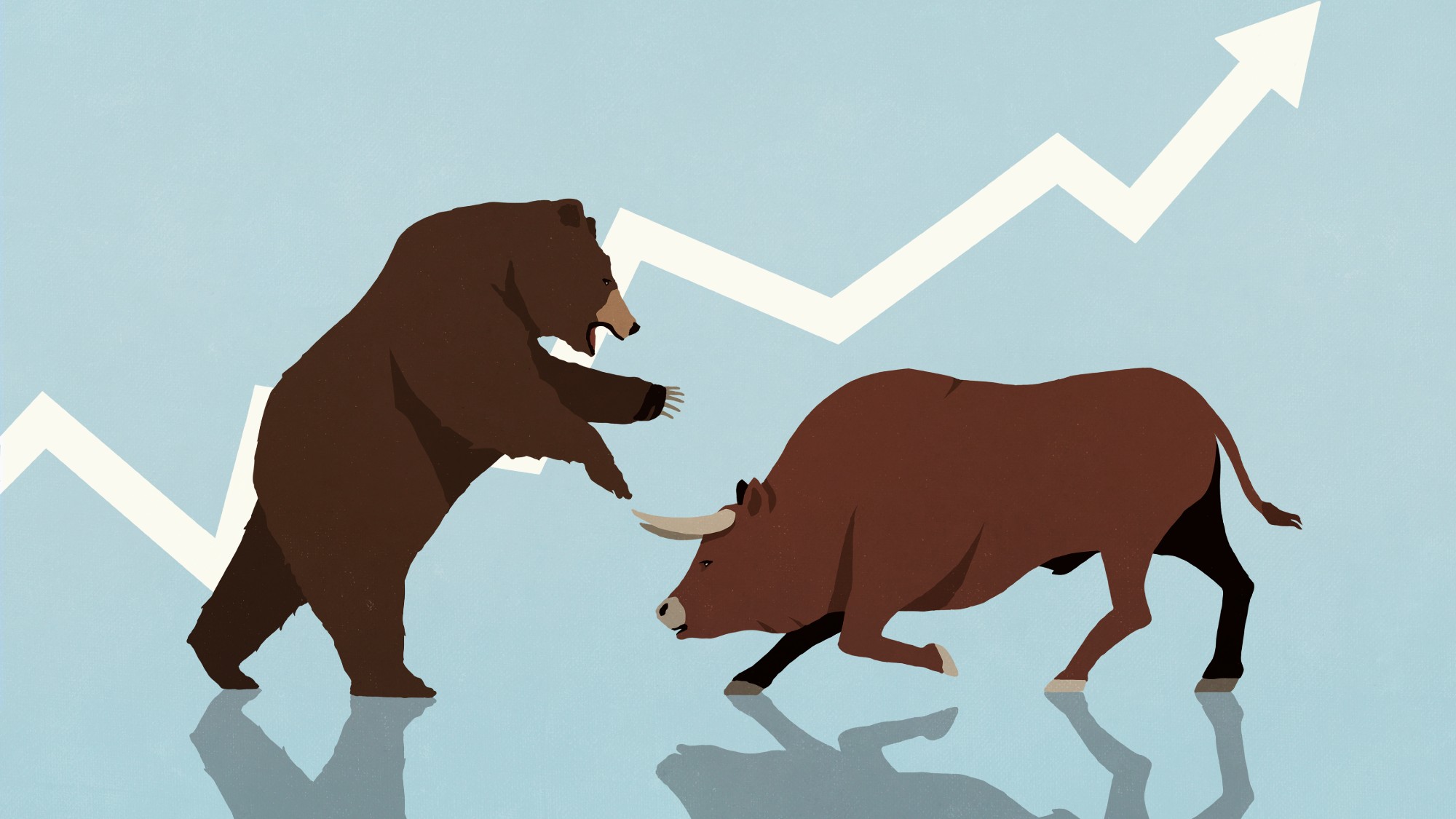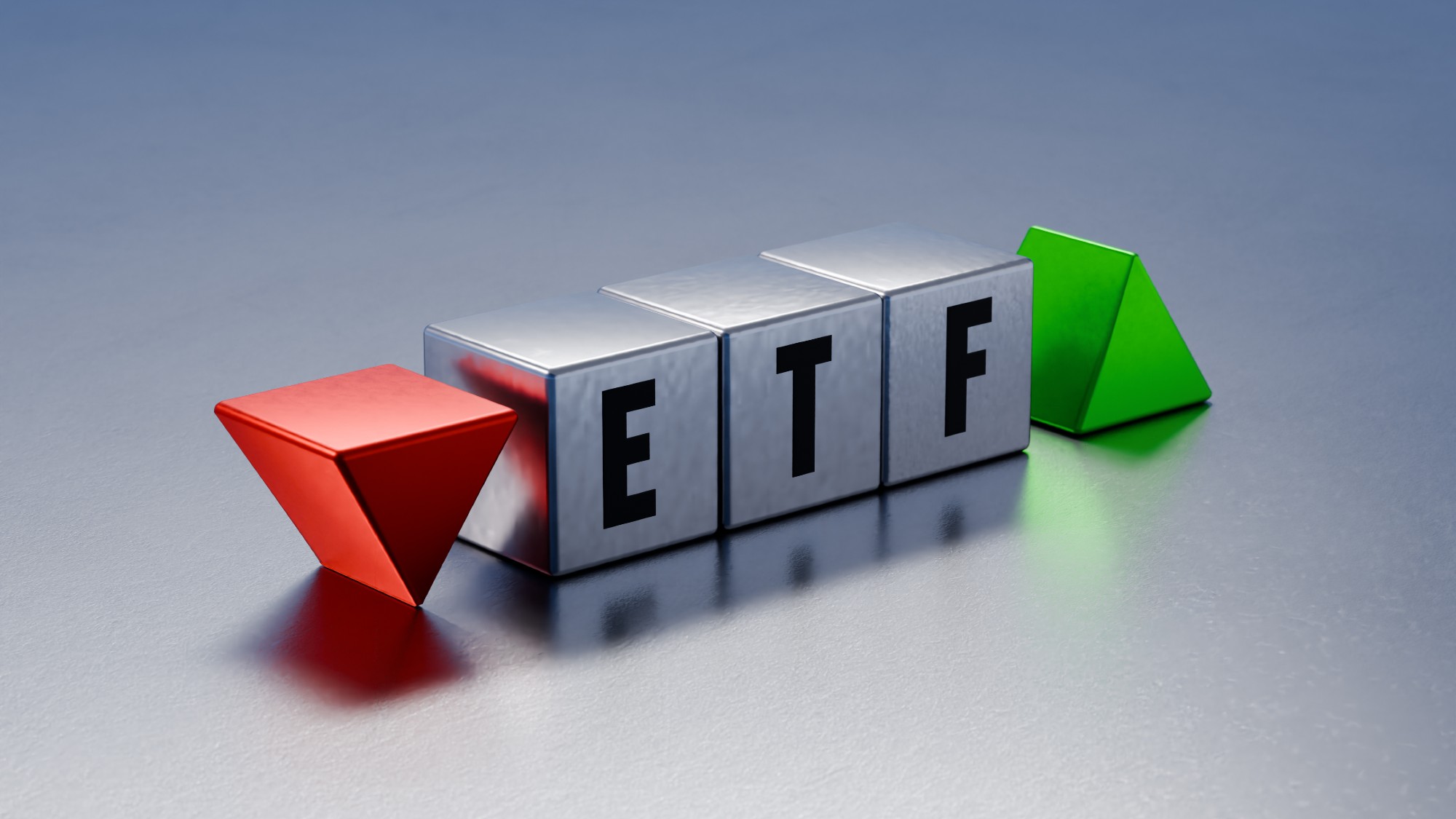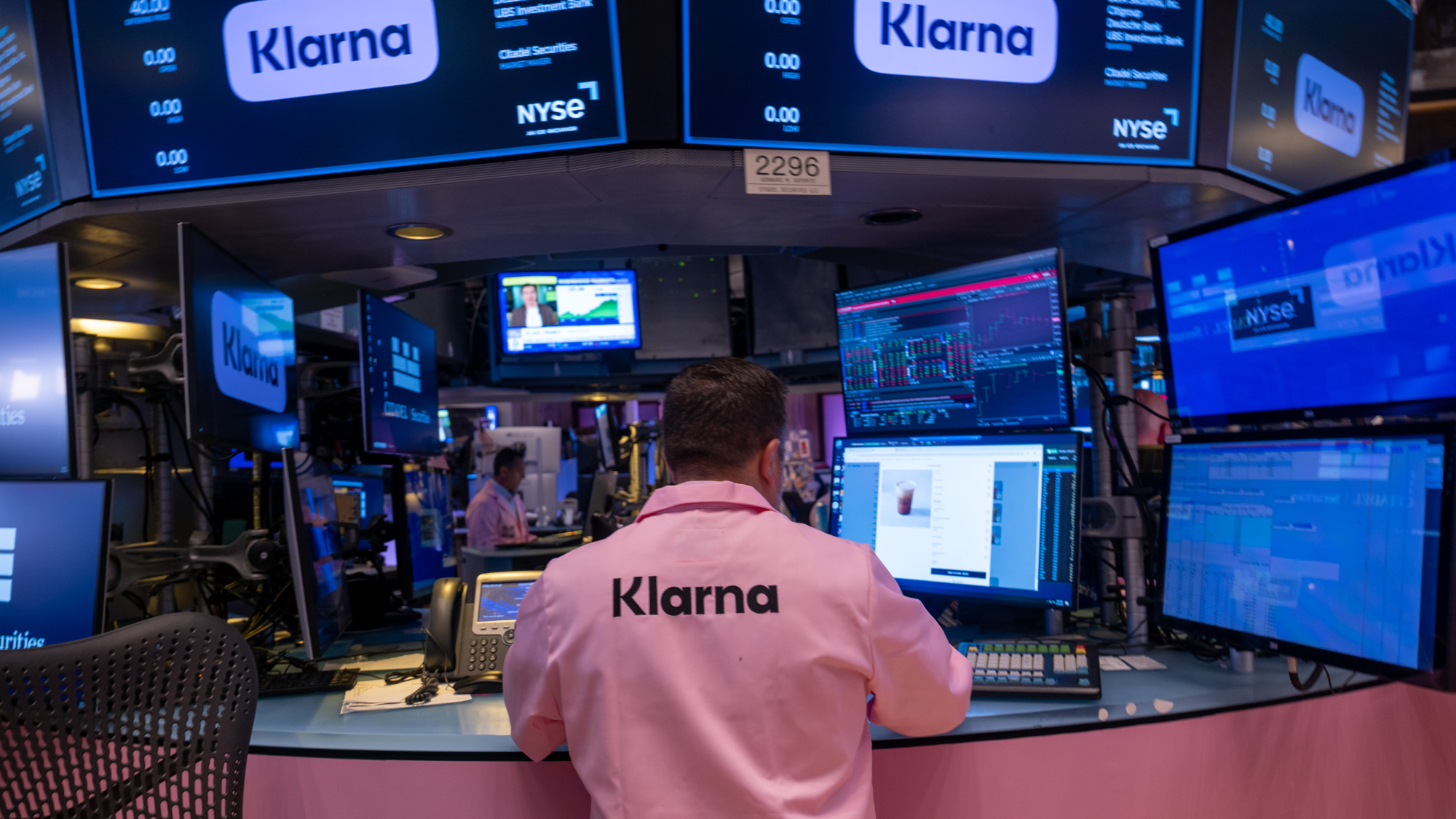What the Ukraine crisis might mean for ESG investing
The Ukraine crisis has brought many of the issues around ESG investing into sharper focus. Where does the sector go from here?

Our thoughts are with those impacted directly and indirectly by the events in Ukraine. The human tragedy outweighs everything else.
However, we are understandably being asked by investors what the implications might be
for ESG (environmental, social and governance) and sustainable investing. For example: What does this mean for investment into Russia, Ukraine and other countries? Will these events accelerate or slow down the push into green energy? Below we look to address some of these questions at a very high level.
The Week
Escape your echo chamber. Get the facts behind the news, plus analysis from multiple perspectives.

Sign up for The Week's Free Newsletters
From our morning news briefing to a weekly Good News Newsletter, get the best of The Week delivered directly to your inbox.
From our morning news briefing to a weekly Good News Newsletter, get the best of The Week delivered directly to your inbox.
ESG policies matter long term
Corporate governance has long been a focus of many investors, even those who have not fully embraced ESG. But good governance is also the bedrock on which solid ‘E’ and ‘S’ integration is built. So the key for investors is to balance good ESG policy as an integrated part of all fiduciary responsibilities around maximising returns within an appropriate risk budget.
With that in mind, the crisis in Ukraine should result in greater scrutiny of a range of ESG policies, as they apply to the safeguarding of human rights, transparency, governance and the financing of and profiting from certain activities and alliances. Several stakeholders, however, are trying to draw comparisons between the crisis in Ukraine – and the financial and investment response – and other ESG issues and geopolitical risks. In this context, current policies and allocations in respect of China are raised, not least given many investors have recently increased direct allocations to Chinese assets (WTW, 2022).
It is important to note that China is very different to Russia from an investment perspective, and it might not be appropriate to extrapolate what has happened in one situation and assume it applies in the other.
A free daily email with the biggest news stories of the day – and the best features from TheWeek.com
It’s here we hit the limitations of ESG policy – it needs contextual consideration. The challenges are particularly acute given the global nature of investing and the potential need to take account of domestic and foreign policy in every market.
So, engagement and collaboration across investment-related and multi-stakeholder initiatives remains more critical than ever.
“Net Zero” progress continues
Those investors who do not wish to embrace ESG have, in some cases, blamed the energy price spikes seen this year on the ‘Net Zero’ movement – that is, they argue that a lack of investment in fossil fuels (aimed at cutting carbon emissions in the longer run) has driven a surge in the price of oil and gas.
On the other hand, those who have been advocating for the ‘Net Zero’ movement for some time will understandably point out that recent events have only served to highlight the fact that Europe’s current reliance on fossil fuels is the very reason why energy markets are failing. The argument here is that had the ‘Net Zero’ movement caught on earlier we might not be in the perilous position we find ourselves in today.
But wind and solar are becoming, in many instances, the cheapest forms of energy, with the costs continuing to fall. Therefore, it’s difficult to see any halt in the current progress towards Net Zero.
ESG risk must be viewed holistically
Even those investors who have historically not been keen to embrace ESG fully have seen this situation as one that they need to address. Many investors instructed their managers to sell all Russian and Belarussian assets where they could (not just sanctioned companies), and many have introduced a restriction on purchasing more assets in those markets for the foreseeable future.
The more difficult decision for investors might be what to do with Russian assets that have not been sold and have been written down to almost zero once liquidity returns and some sanctions are potentially lifted.
From an ESG perspective, it could be argued that recent events have not really changed the fundamental thesis about sustainable investment, but rather that most people have even stronger views on ESG topics than they did before. The ‘Net Zero’ movement is unlikely to slow down – indeed, there will almost certainly be a lot more noise around it. It’s important to note that a good investment policy around ‘Net Zero’ is not based on simple decarbonization in the short-term anyway.
The debate around investing in China and other markets will continue for some time. There is no right or wrong answer, and as such there is likely to be some divergence in approach. The key is that the E, S and G risks are appropriately considered by investors in making strategic and portfolio decisions.
To find more about Alliance Trust visit alliancetrust.co.uk/riseabove
The views expressed are the opinion of the manager and are not intended as a forecast, a guarantee of future results, investment recommendations, or an offer to buy or sell any securities. The views expressed were current as of April 2022 and are subject to change. Past performance is not indicative of future results. A company’s fundamentals or earnings growth is no guarantee that its share price will increase. You should not assume that any investment is or will be profitable. Information contained herein has been obtained from sources believed to be reliable, but not guaranteed. TWIM is the appointed Alternative Investment Fund Manager of Alliance Trust plc. Alliance Trust plc is a listed UK investment trust and is not authorised and regulated by the Financial Conduct Authority.
-
 The ‘ravenous’ demand for Cornish minerals
The ‘ravenous’ demand for Cornish mineralsUnder the Radar Growing need for critical minerals to power tech has intensified ‘appetite’ for lithium, which could be a ‘huge boon’ for local economy
-
 Why are election experts taking Trump’s midterm threats seriously?
Why are election experts taking Trump’s midterm threats seriously?IN THE SPOTLIGHT As the president muses about polling place deployments and a centralized electoral system aimed at one-party control, lawmakers are taking this administration at its word
-
 ‘Restaurateurs have become millionaires’
‘Restaurateurs have become millionaires’Instant Opinion Opinion, comment and editorials of the day
-
 What are the best investments for beginners?
What are the best investments for beginners?The Explainer Stocks and ETFs and bonds, oh my
-
 Received a windfall? Here is what to do next.
Received a windfall? Here is what to do next.The Explainer Avoid falling prey to ‘Sudden Wealth Syndrome’
-
 How to invest in the artificial intelligence boom
How to invest in the artificial intelligence boomThe Explainer Artificial intelligence is the biggest trend in technology, but there are fears that companies are overvalued
-
 What’s the difference between a bull market and bear market?
What’s the difference between a bull market and bear market?The Explainer How to tell if the market is soaring or slumping.
-
 Is it a good investment to buy a house?
Is it a good investment to buy a house?The Explainer Less young people are buying homes, opting to rent and invest in the stock market instead
-
 What is day trading and how risky is it?
What is day trading and how risky is it?the explainer It may be exciting, but the odds are long and the risks high
-
 What to know about investing in ETFs
What to know about investing in ETFsThe Explainer Exchange-traded funds can be a great choice for beginners
-
 Retail investors drive a flurry of IPOs
Retail investors drive a flurry of IPOsFeature After years of slowness, companies like Klarna and Gemini are reviving the IPO market